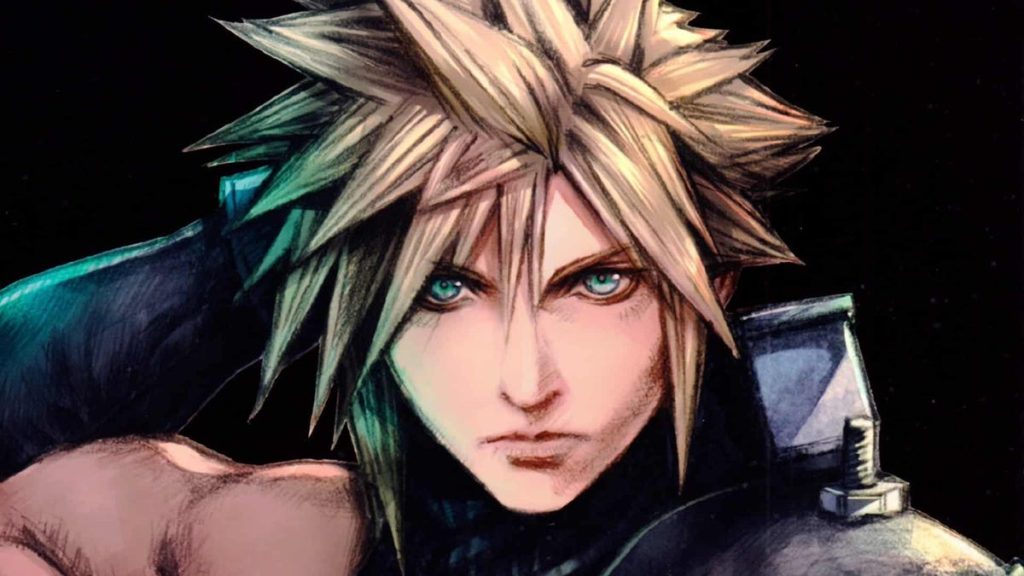The recent release of the Final Fantasy Universes Beyond expansion for Magic: The Gathering has taken the gaming community by storm, setting astounding sales records and generating significant revenue for Hasbro in an incredibly short timeframe. While it was previously known that this crossover set was the fastest-selling in Magic’s history, new revelations have provided a clearer understanding of its remarkable impact. In a recent earnings call, Hasbro’s CEO disclosed that the expansion, featuring beloved characters like Cloud and Sephiroth, generated an extraordinary $200 million within just one day of its launch.
Record-Breaking Sales and Market Demand
This staggering feat places the Final Fantasy expansion’s sales performance in a league of its own, especially when compared to other prominent franchises. During the same earnings call, Hasbro’s CEO, Christian Cocks, highlighted that the Lord of the Rings set took an entire six months to reach the same revenue milestone. “Final Fantasy took one day, and we left demand on the table,” Cocks remarked, indicating a substantial gap in demand versus supply. According to the CEO, the company increased production runs by four times before release to meet anticipated demand, yet it was still insufficient. This demand has led to shortages in booster packs and Commander decks, with stock often selling out during pre-order periods and subsequently being resold at inflated prices.
Critics have previously suggested that Wizards of the Coast, the publisher of Magic: The Gathering, strategically limits supply to generate hype. However, the current circumstances seem to counter that narrative, as Cocks stated, “We’re continuing to produce this set. We think the set itself is going to have a huge long tail.” This approach closely mirrors the ongoing sales for the Lord of the Rings series, which, despite reaching $200 million in sales in late 2022, continues to generate revenue several years post-launch. Hasbro’s expectation for a consistent backlist of the Final Fantasy expansion suggests a longer lifespan for the product on store shelves, benefitting both the company and players alike.
Availability and Consumer Impact
The surge in sales means that while the initial print run of rare cards like Vivi Ornitier—currently priced around $45—may be hard to find, regular cards will remain available, aiming to stabilize the market. This is crucial as the scarcity of sought-after cards has led to a challenging reseller market, where inflated prices deter casual players. In response to this, Cocks expressed optimism about the ongoing production, ensuring that players can enjoy the game without exorbitant costs. “Our expectation is there’s going to be a nice long tail of backlist for the product,” he reiterated.
Additionally, for players interested in engaging with Magic: The Gathering without the financial burden of purchasing physical cards, the digital platform Magic: The Gathering Arena offers an accessible alternative. Cocks noted that while Arena is due for an update and could soon be a more prominent player in the community, it currently accounts for only a small percentage of the game’s player base. “Only 15-or-so percent of the player base plays on something like Arena,” he pointed out, indicating that the majority still prefer traditional gameplay.
Future Expectations and Community Responses
Given the overwhelming success of the Final Fantasy Universes Beyond set, expectations are high for future expansions and crossovers in Magic: The Gathering. Hasbro has positioned itself to capitalize on the popularity of franchises, appealing not only to dedicated players but also branching out to fans of the respective universes. In addition to Final Fantasy and Lord of the Rings, there are ongoing discussions about potential future collaborations, possibly expanding the universe even further.
This strategy of leveraging popular franchises plays into a broader industry trend where gaming companies seek to attract diverse audiences through collaborations. As Cocks mentioned in the call, “It’s partially what’s powering our backlist,” indicating a clear strategy to engage with different fan bases continuously. The continued production of these sets can create a more sustainable ecosystem for collectors and players, ensuring that everyone has a chance to enjoy the game without succumbing to predatory pricing.
In summary, the Final Fantasy Universes Beyond expansion not only set record sales but also highlighted the industry’s potential for collaboration and growth. With ongoing support from Hasbro and future expansions on the horizon, Magic: The Gathering remains poised for unprecedented success.

